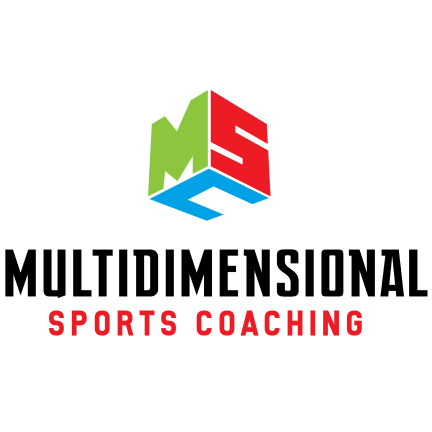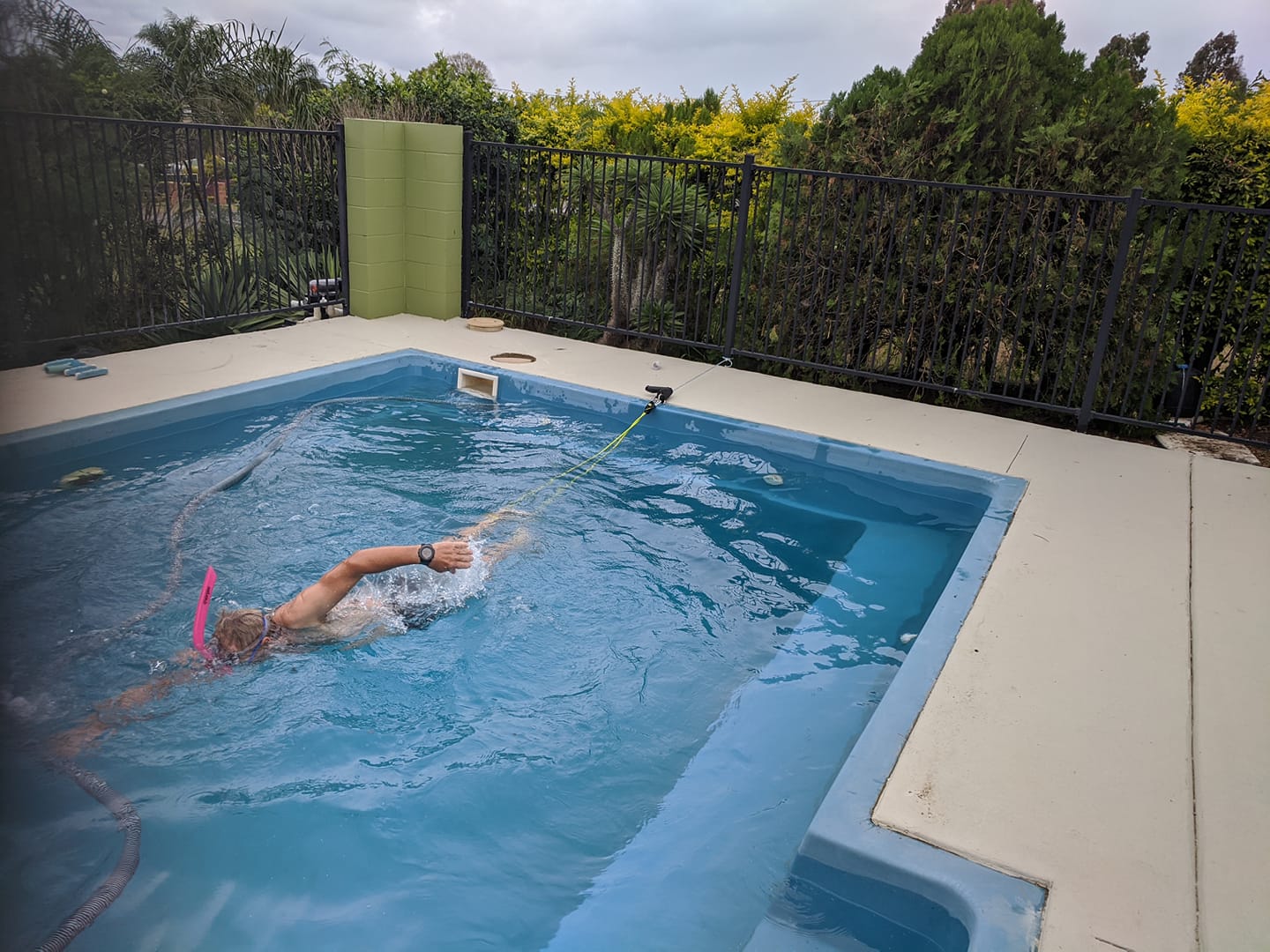There is a training zone on the bike, commonly referred to as the Sweet Spot, that offers great gains for functional threshold, or aerobic capacity, without the extreme effort of supra-threshold work. This zone is described as moderately hard and is the intensity that most triathletes would race a Standard (Olympic) Distance triathlon. The technical parameters of the zone are defined as 88-94% of Functional Threshold Power (FTP), or 75-85% of Heart Rate Max. One of the great benefits of training in this zone is that you recover far more quickly from it than efforts at, or above threshold, whilst still achieving the same gains. Sounds like a sweet deal!
Programming sweet spot training for my athletes got me thinking about this zone in a more metaphorical sense. Is there a sweet spot in the life of an AG athlete and how they relate to their training? Putting my athlete cap on I’d describe the sweet spot as that feeling of satisfied-tiredness. When you get back from a training session and feel like you’ve worked and achieved, but you’re not collapsing on the couch unable to move for the rest of the day. In a recent conversation with one of my athletes she told me about the feeling of excitement when opening up her TrainingPeaks calendar to see what’s instore for her over the coming week. How she pours over the sessions, reads the details and gets psyched.
Conversely to this I have admittedly placed athletes into a training session well beyond their capacity, with more advanced athletes. I have also handed out intervals where an athlete has tried hard to achieve them but fallen short. I have ALSO given an athlete a volume of training that they have just not been able to sustain due to both lifestyle and personal physical factors. One could call all these situations “Missing the Sweet Spot”! I have observed that it can result in a number of negative responses from the athlete; at best it can damage trust and reduce buy in, as well as motivation. At worst it can leave an athlete totally demoralised and ready to pack their training in entirely.
So how does a coach find the sweet spot? The most obvious answer would be to rely on the numbers and the zones, so scientifically developed by Exercise Scientists such as Dr Andy Coggan. Problem is, as discussed in my previous blog on feedback the numbers don’t always tell the full story: https://multidimensionalsportscoaching.com/2020/04/21/feedback-reading-the-full-story/ The training an athlete can cope with is also dependent on other factors such as genetics, previous experience in the sport (as well as life experience), and their personality. A very pertinent example of this is two athletes of a similar level being thrown into a cycle training session where they find they are the ‘slowest’ in the group, and have to work hard to keep up. They struggle through the session and are both physically wiped after it. One athlete responds after the session by making their mind up that they are going to hit every training session to get stronger and come back and keep the pace next time. The other responds by going into a slump and believing that they are useless as an athlete, and what is the point. Can you predict this as a coach? I believe it actually becomes your job to predict it, to find that level of training that inspires, excites and challenges your athlete, without breaking their spirit and enjoyment of the sport.


